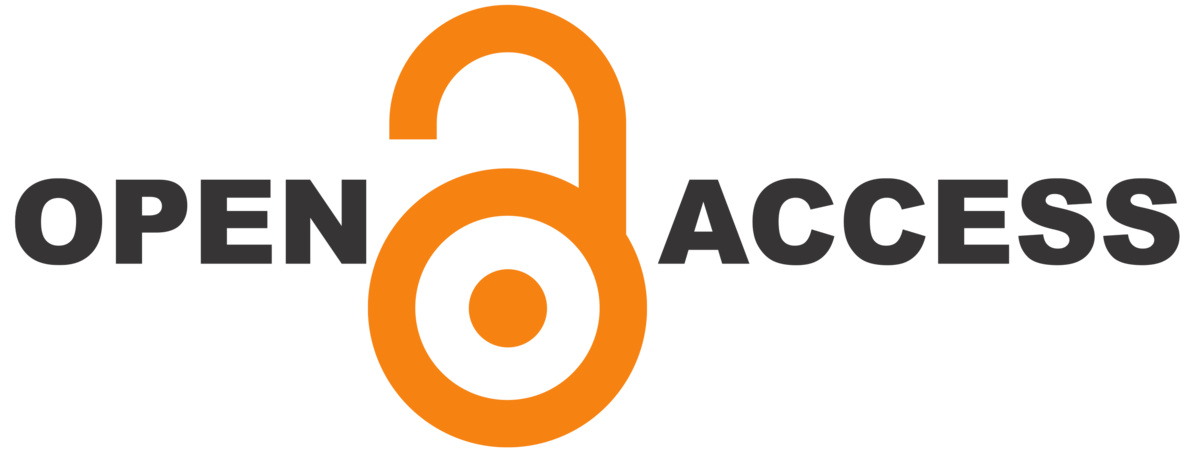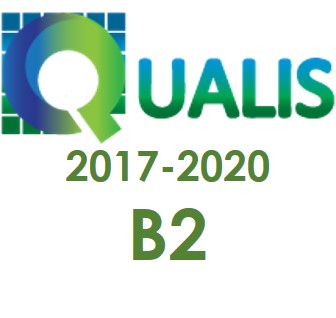FORENSIC SCIENCE AS TEACHING TOOL THROUGH MEANINGFUL LEARNING: INTERVENTIONS IN HIGH SCHOOLS IN THE CITY OF MARACANAÚ
DOI:
https://doi.org/10.22481/rbba.v11i01.10439Keywords:
Forensic Science, Teaching Chemistry, LearningAbstract
Forensic science was used in order to capture the students' attention and provide a presentation of the interrelated themes of physics, chemistry and biology from everyday and real perspectives. According to David Ausubel's Meaningful Learning Theory, we sought to apply common sense themes that could constitute the largest number of subsumers present in the students' cognitive structure. As a result of the application of questionnaires before and after the minicourse, a significant improvement of 83 students from a total of 92 participants was obtained. The perception that was had of the teaching-learning process obtained in the present work, was that it happened in a more concrete and dynamic way for the students, and that the relationship between student-teacher is vital for the knowledge of individual characteristics of each student, and therefore, being able to identify their respective realities, in order to bring about improvements in the development of the educational process.
Downloads
References
ANDRADE, Rafaela Alves De; SIMÕES, Anderson Savio de Medeiros. Drogas: uma proposta de metodologia da problematização no Ensino de Química. Revista Thema, v. 15, n. 1, p. 5–24, 1 mar. 2018. Disponível em: <http://periodicos.ifsul.edu.br/index.php/thema/article/view/573>
AUSUBEL, David Paul. Educational psychology: a cognitive view. 1nd. ed. New York, Holt: Holt McDougal, 1968.
BELTRAN, Nelson Orlando; CISCATO, Carlos Alberto Mattoso. Química. Coleção Ma ed. São Paulo: Cortez, 1991.
BERBEL, Neusi Aparecida Navas. Metodologia da problematização: respostas de lições extraídas da prática. Semina: Ciências Sociais e Humanas, v. 35, n. 2, p. 61–76, jun. 2014. Disponível em: <http://www.uel.br/revistas/uel/index.php/seminasoc/article/view/18193/16500>.
BRUNI, Aline Thaís; VELHO, Jesus Antônio; OLIVEIRA, Marcelo Firmino De. Fundamentos de Química Forense. 1a ed. Campinas: Millennium, 2012.
CORTI, Ana Paula; VÓVIO, Cláudia Lemos. Jovens na Alfabetização: para além das palavras, decifrar mundos. Brasília: Ministério da Educação: Editora Ação Educativa, 2007.
BRASIL. Ministério da Educação. Diretrizes Curriculares Nacionais da Educação Básica, 2013.
GIL, Antonio Carlos. Didática do ensino superior. São Paulo: Atlas, 2015.
GOMES, Viviane; RIBEIRO, Pereira; MAZZETTO, Selma E. A Ciência Forense no Ensino de Química Através da Experimentação Investigativa e Lúdica. [S.d.]. Disponível em: <http://dx.doi.org/10.5935/0104-8899.20160022>.
HOLMAN, John; PILLING, Gwen. Thermodynamics in Context: A Case Study of Contextualized Teaching for Undergraduates. Journal of Chemical Education, v. 81, n. 3, p. 373, mar. 2004. Disponível em: <http://pubs.acs.org/doi/abs/10.1021/ed081p373>.
MERAZZI, Denise Westphal; OAIGEN, Edson Roberto. Atividades práticas em ciências no cotidiano: valorizando os conhecimentos prévios na educação de jovens e adultos. Experiências em Ensino de Ciências, v. 3, n. 1, p. 65–74, 2008. Disponível em: <http://if.ufmt.br/eenci/artigos/Artigo_ID55/v3_n1_a2008.pdf>.
MIZUKAMI, Maria da Graça Nicoletti. Ensino: As abordagens do processo. 1a ed. São Paulo, Brasil: Editora Pedagógica e Universitária Ltda., 1986. Disponível em: <https://www.docdroid.net/MrZCc0F/maria-das-gracas-nicoletti-mizukami-ensino-as-abordagens-do-processo.pdf>.
MOREIRA, M.A. E MASINI, E.A.F. Aprendizagem significativa: a teoria de David Ausubel. 2a edição ed. São Paulo, SP: Centauro Editora, 2006.
NENTWIG, Peter M et al. Chemie im Kontext: Situating Learning in Relevant Contexts while Systematically Developing Basic Chemical Concepts. . [S.l: s.n.], 2007. Disponível em: .
PALMER, David. The effect of context on students’ reasoning about forces. International Journal of Science Education, v. 19, n. 6, p. 681–696, jul. 1997. Disponível em: <http://www.tandfonline.com/doi/abs/10.1080/0950069970190605>.
PITANO, S. de C. A EDUCAÇÃO PROBLEMATIZADORA DE PAULO FREIRE, UMA PEDAGOGIA DO SUJEITO SOCIAL. Revista Inter Ação, [S. l.], v. 42, n. 1, p. 087–104, 2017. DOI: 10.5216/ia.v42i1.43774. Disponível em: https://www.revistas.ufg.br/interacao/article/view/43774.
ROTH, Wolff-Michael; ROYCHOUDHURY, Anita. The development of science process skills in authentic contexts. Journal of Research in Science Teaching, v. 30, n. 2, p. 127–152, 1 fev. 1993. Disponível em: <http://doi.wiley.com/10.1002/tea.3660300203>.
SILVA, Maria Abádia Da. Qualidade social da educação pública: algumas aproximações. Cad. Cedes, Campinas. [S.l: s.n.], 2009. Disponível em: <http://www.scielo.br/pdf/ccedes/v29n78/v29n78a05.pdf>
SILVA, Romualdo Santos. Indicadores acerca da importância do papel do professor no processo de formação continuada do aluno: um ensaio a partir da Teoria da Aprendizagem Significativa de David Ausubel. Revista Thema, v. 14, n. 2, p. 329–335, 23 maio 2017. Disponível em: <http://revistathema.ifsul.edu.br/index.php/thema/article/view/410>.
Downloads
Published
How to Cite
Issue
Section
License
Copyright (c) 2022 Revista Binacional Brasil-Argentina: Dialogue between the sciences

This work is licensed under a Creative Commons Attribution 4.0 International License.












